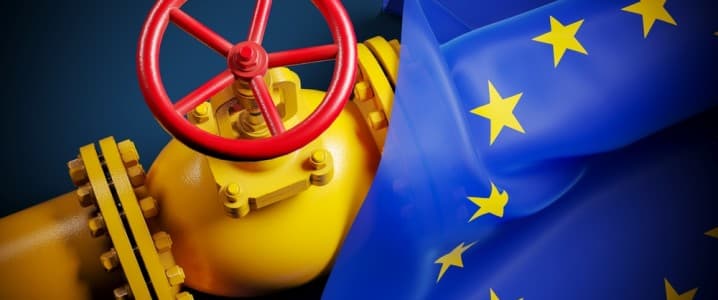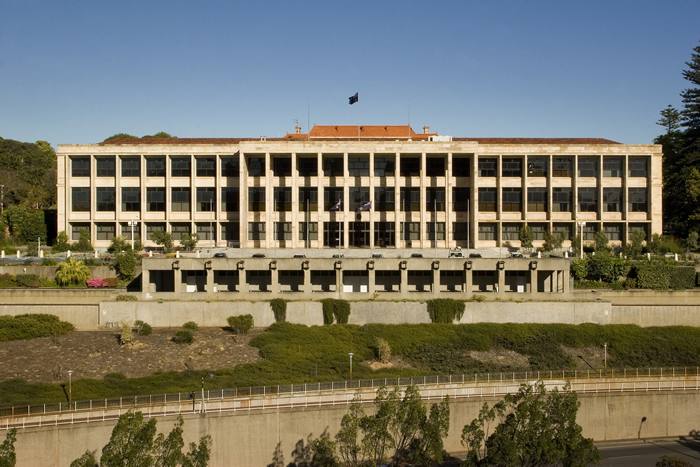
Slovakia’s Prime Minister Robert Fico has announced that Slovakia will lift its veto against the European Union’s new sanctions on Russia if the country receives an exemption to continue importing Russian pipeline gas until 2034. This statement comes as the EU struggles to secure a unanimous agreement on an 18 sanctions package aimed at Russia, which includes a floating oil price cap and a ban on the use of the Nord Stream infrastructure.
The situation has placed Slovakia in a pivotal position, with Kaja Kallas, the EU’s High Representative for Foreign Affairs and Security Policy, stating that the next steps depend on Slovakia’s decisions. Fico has expressed concerns over the EU’s energy security guarantees following January 1, 2028, the date by which the EU plans to cease all Russian gas imports. He argues that Slovakia needs more robust assurances regarding its energy supply, particularly in light of its ongoing reliance on Russian gas.
Slovakia seeks to ensure that it can maintain its contract with Gazprom, the Russian gas giant, which is set to last until 2034, seven years beyond the EU’s planned ban. Fico highlighted on social media platform X that the most effective solution would be for the EU to grant Slovakia an exemption that allows it to honor its existing contract with Gazprom. Currently, the European Commission is opposed to this exemption, arguing that it would undermine the core objectives of the sanctions against Russia.
The relationship between Slovakia and the EU has been strained due to energy security concerns, particularly as both Slovakia and Hungary have frequently stalled negotiations on sanctions packages. Both nations continue to receive Russian gas through pipelines that traverse the Balkans, a situation that has made them cautious about the EU’s broader energy policy.
In May 2023, the European Commission proposed a comprehensive plan to eliminate EU dependency on Russian energy. The roadmap includes a complete cessation of Russian gas imports by the end of 2027, with measures to enhance transparency and monitoring of gas supplies across EU markets. Furthermore, the Commission aims to prevent new contracts with Russian gas suppliers and to phase out spot contracts by the end of 2025.
As the EU navigates its energy transition and seeks to reduce reliance on Russian resources, the ongoing discussions with Slovakia highlight the complexities involved in balancing energy security with geopolitical strategy. The outcome of these negotiations will have significant implications not only for Slovakia but also for the EU’s approach to energy independence in the coming years.







